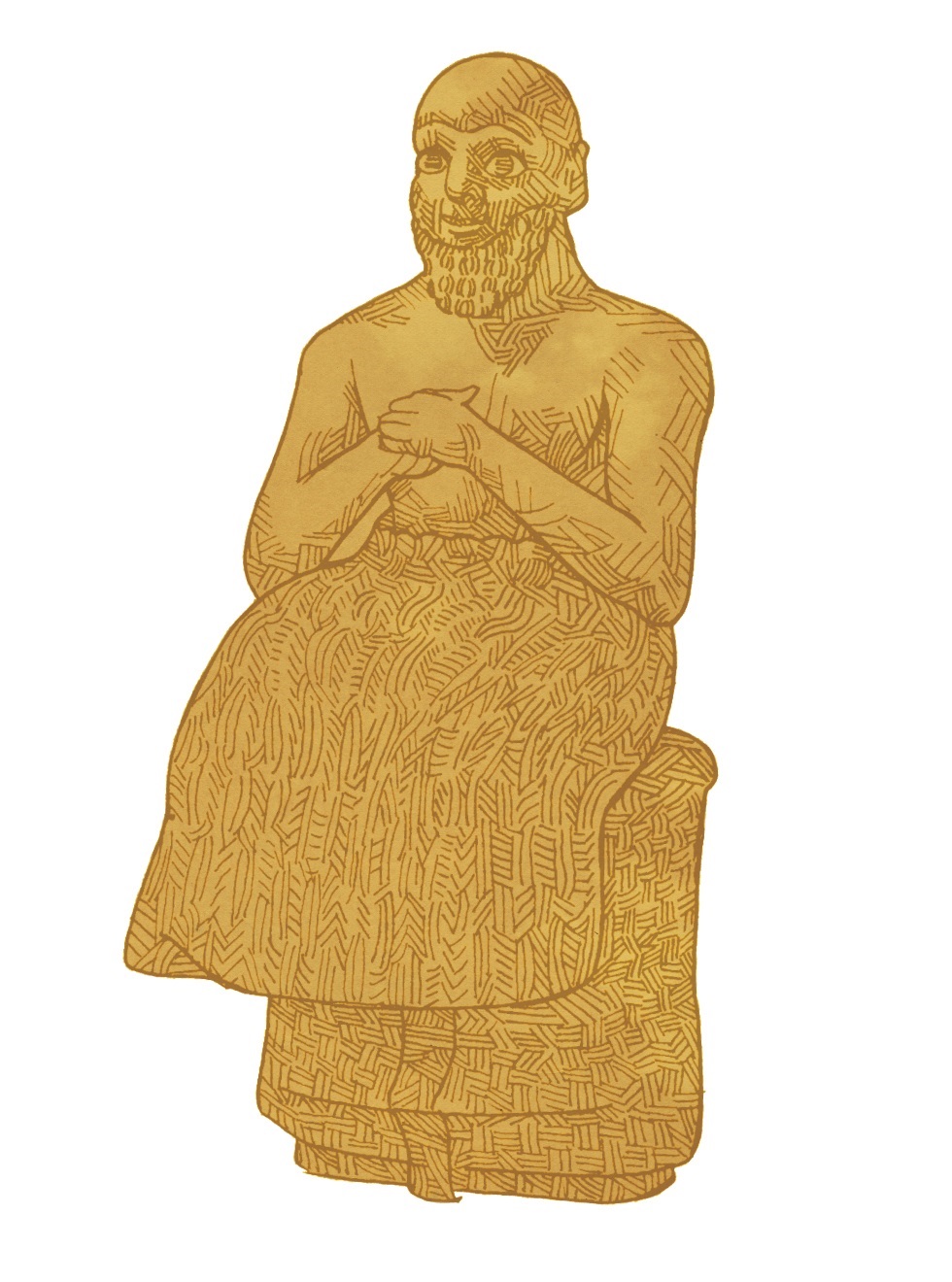Ostraca KhQ1 and KhQ2 from the Cemetery of Qumran: A New Edition
DOI:
https://doi.org/10.5508/jhs.2004.v5.a5Abstract
The ostraca KhQ1 and KhQ2 found outside the east wall at Qumran in 1996 represent the most extensive writing found at the actual site of Qumran to date, as distinguished from the texts in the nearby caves. KhQ1 has been controversial from the beginning. The editors, Frank Cross and Esther Eshel, identified KhQ1 as a deed of gift of property from a new member to a religious community at Qumran in a manner enjoined by the Community Rule (1QS). It was claimed that KhQ1 provided the first direct evidence that the Community Rule was practiced at Qumran . However a key reading of Cross/Eshel in line 8 claimed in support of this interpretation was in error. An improved edition of KhQ1 was published by Ada Yardeni in 1997, giving the correct solution for line 8. This article undertakes new readings of KhQ1 and KhQ2 (including a slight improvement in Yardeni’s reading of KhQ1 line 8) and takes up anew the question of whether the community-gift interpretation of KhQ1 can be confirmed or excluded on the basis of an accurate reading of the text.Downloads
Published
2005-12-31
How to Cite
Doudna, G. (2005). Ostraca KhQ1 and KhQ2 from the Cemetery of Qumran: A New Edition. The Journal of Hebrew Scriptures, 5. https://doi.org/10.5508/jhs.2004.v5.a5
Issue
Section
Articles

 Statue of Ebih-Il, drawing by Simeon Goa, © Journal of Hebrew Scriptures
Statue of Ebih-Il, drawing by Simeon Goa, © Journal of Hebrew Scriptures
